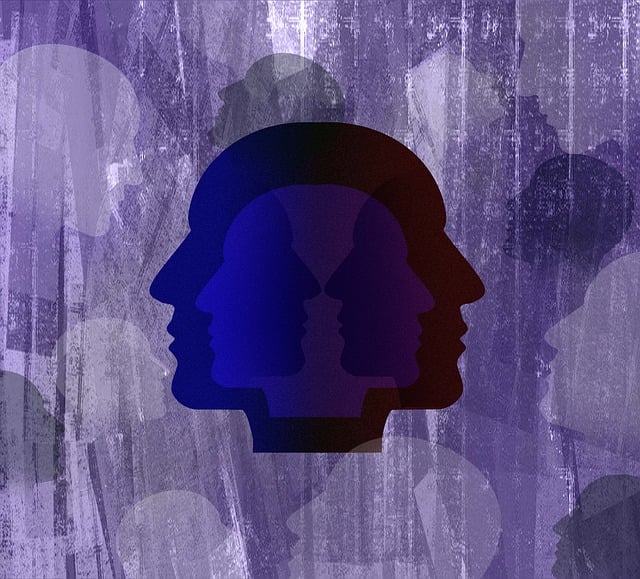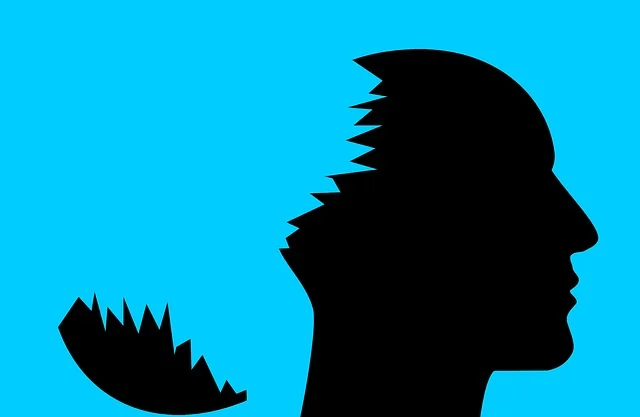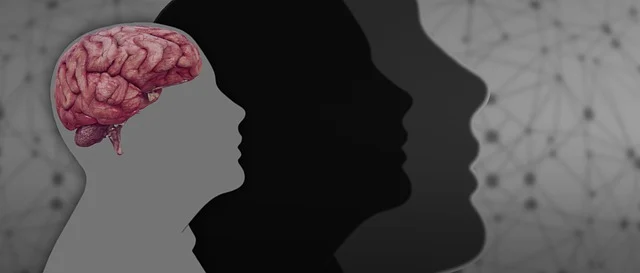
Bruce Martin Mental Health Counselor
Bruce Martin: A New Horizon in Mental Health Counseling
There has been enormous growth in the years of mental health counseling. Figures of change in the mental health field include the likes of Bruce Martin, who stand out. His work as a mental health counselor was very devoted, but he was able to introduce forms of therapeutic techniques that had an ability to raise peoples’ consciousness about the mental health concerns. This paper shall explain Bruce Martin’s contribution and approach, and legacy for the mental health care.
Early Life and Education
Bruce Martin interest in mental health counseling came at a deep-rooted level. Born to a family that had a great deal of value on empathy and social justice, the son made early contact with the reality that his people needed assistance. So, he took up the course in psychology in a university of which excellence he did not question for too long. He topped it and became a role model to students passionate about and brilliant in counseling. Later, he pursued a Master’s in Clinical Psychology. Then followed further training that complemented mental health counseling.
Early Years in Career
He worked in community mental health centers. Here, the clients were from different backgrounds with other differences of psychological challenges that have to be addressed. Such first experiences according to him have enlightened his mind on how these factors, that is, socioeconomical status and barriers as well as unavailability of care facilities, affect the mental conditions. These dynamics he learns; that is why he adopted a holistic approach towards the approach and executed the social, cultural, and biological approaches accordingly.
Innovative Counseling Techniques
One of his great contributions is in creating client-centered, integrative counselling techniques. His work was most influenced by the theories of Carl Rogers’ person-centered therapy that he mixed with CBT when coming out to formulate customized methods meant to serve particular needs and aspects of clients. Among all those characteristics, one central focus which his approach is based on would be on
In this very form of non-judgmental supportive atmosphere, he empowers his clients to feel comfort with trustfulness concerning that situation. Martin has also observed that “nothing could be much more elementary to the whole effectiveness of therapy” than his understanding of the thoughts of his clients.
Cultural Competency: Injecting sensitivity to culture as varied are the different kinds of cultures that come under his client’s cultural backgrounds, so also the therapy works according to every person’s real-life experience.
Mind-Body Connection: Martin uses mindfulness and stress management because he knows mind and body are inter-related.
He has always advocated for trauma-informed practice, where clients can express their current mental health problems due to past traumas.
Advocacy and Awareness
Besides his professional work, Bruce Martin has been a great campaigner for removing stigma from mental illnesses. He achieved this through public workshops conducted in the communities, articles in professional journals, and also through the speeches that he gave while attending public functions. One of the ways he did so was: Removing the Stigma: He gave real-life case studies coupled with scientific information to demote myths with regard to mental health-related disorders.
He has been an advocate of access to care and working with policy makers and organizations developing the mental health services in the hard to reach areas.
Public Education: He empowered people through doing educational programs that give information on noticing mental distress and seeking help early.

Teaching and Mentorship
One of the best legacies he left behind is mentorship and education: he has been teaching at multiple universities to train and instruct the future professionals of mental health. He had very experiential teaching abilities; with role-playing activities, case studies, and practicing the actual clinical practice under him prepare students for work. Students even say that he instills confidence in them to perform the task with professional ethics in working.
Research and writings
Bruce Martin has also given the academic world the chance to benefit through his research and articles. Most of the themes in his research are connected either with method of therapy or the limits where mental illness meets the society. His work finds a place in: “The Role of Cultural Sensitivity in Effective Counseling”.
Trauma and Resilience: A Framework for Healing, co-written with other leading psychologists in the field, which explains well how humans can respond to trauma with different populations.
Mindfulness in Mental Health Practice, a guidebook for a successful approach, mindful from start to finish, challenges to build resilience.
Like most of his peers in the mental health profession, Martin experienced obstacles to practice, including extremely high caseloads, emotional burnout, and systemic barriers to care. But through his resilience and commitment, he was able to overcome most of these issues. He frequently talks about the issues of self-care among mental health professionals, encouraging continuing maintenance of personal well-being as a basis for a good service to clients.
Legacy and Continuing Impact
Thus, the legacy of Bruce Martin is much more than his direct practice. The counseling approach, cultural competence, and education commitment turn out to be the hallmark for mental health professionals. His work inspires all the therapists, educators, and advocates across the globe.
The development of the discipline of mental health counseling remains a process and also forms the basis upon which all of Martin’s contributions can be constructed. Efforts that have been path breaking remind one of the centrality of empathy, innovativeness, and advocacy toward overcoming mental health challenges and are going to make a big difference in the lives being served.
Conclusion
Bruce Martin is indeed a clinical mental health counselor: kind, resourceful, and in constant effort to do better for others. Impressions are made on the work done clinically, through advocacy, and teaching. His story will indeed be an inspiration and guide for those who would wish to make a difference in creating positive changes in improving mental health care as well as promoting psychological well-being.

